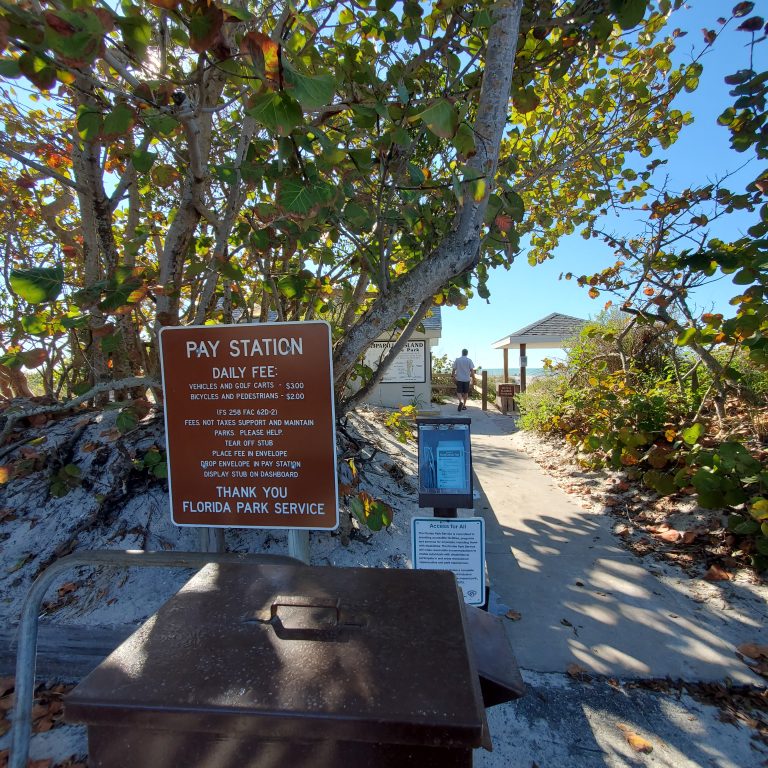Gainesville Mother Pushes for New Road Law After Teen’s Fatal Crash

Sixteen months after losing her son in a motorcycle crash, a Gainesville mother is still seeking answers — and pushing for changes to Florida law. Emerson, 17, was riding his motorcycle east on East University Avenue when a vehicle driven by 41-year-old Gainesville resident Keith Grant pulled out from a stop sign and into his path. The collision was fatal for Emerson. Investigators later determined Grant was negligent, but despite a prior criminal history that included drug-related convictions, he was never tested for impairment.
“One of the first things I asked was if they did a toxicology screen,” Kelli Boyd, Clayton’s mother, recalled. “The officer told me no, because the driver didn’t smell like alcohol. It was left entirely up to one officer’s opinion, and it is a huge loophole in the law. I mean, two families in the same situation could be given completely different outcomes — one gets answers, the other is left in the dark.”
Under current Florida law, toxicology testing after a crash is only mandatory when a driver dies, or when law enforcement suspects impairment. That means a driver who survives a fatal crash may not be tested unless probable cause is established at the scene.
Boyd said that gap has left her family without critical evidence. She also questioned inaccuracies in the official traffic crash report and said she was frustrated to learn that the State Attorney’s Office had not been informed of the case until nearly a year later.
According to public records from the Florida Department of Law Enforcement, Grant has prior convictions for drug trafficking and was once charged with homicide, though that case was later dropped. He was ultimately cited only for failure to yield in connection with Emerson’s crash. The maximum penalty for that offense is a one-year license suspension and a $1,000 fine.
“Justice would have been a vehicular homicide charge,” Boyd said. “But since that didn’t happen, justice now is Clayton’s Law. Fatal wrecks should automatically trigger testing — every single time.”
The proposed legislation, which she has been drafting with lawmakers, would require toxicology testing any time negligence results in a fatal crash. Supporters say it would close a loophole that allows drivers involved in deadly accidents to avoid scrutiny unless officers already suspect impairment.
Clayton’s mother has since devoted much of her time to advocacy, balancing work and raising her six-year-old son with daily calls to lawmakers. She has connected with other families in similar situations and hopes to build a coalition to push the measure forward.
“This fight isn’t just about my son,” she said. “It’s about protecting other families. Other states already require this — Florida doesn’t. That’s a deadly loophole. Families deserve answers in every fatal crash.”
For her, the mission is not only about accountability, but also about keeping her son’s memory alive.
“Clayton was the wild one. He had the best smile and laugh,” she said. “If people remember anything, I want it to be his laugh.”
As Boyd continues her fight, she asks that anyone willing to sign and share the petition for Clayton’s Law to do so.







That law wont save anyone. Kinda pointless